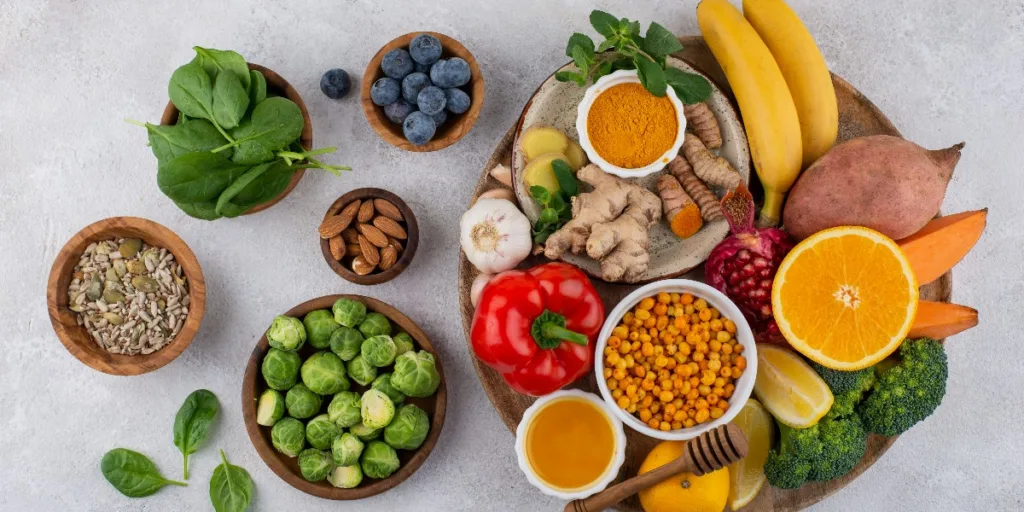A heart-healthy diet is one of the most powerful tools you have to protect your heart and prevent heart disease. What you eat can directly impact your cholesterol levels, blood pressure, and overall heart function. By making a few simple changes to your diet, you can significantly lower your risk of heart problems and enjoy a longer, healthier life. In this article, we’ll explore seven easy and effective diet tips that are particularly relevant for those in India, helping you make choices that support your heart every day.
1. Choose Healthy Fats
Choosing the right type of fat is essential for maintaining heart health. In India, cooking with oils like mustard oil, olive oil, or coconut oil can be beneficial due to their unsaturated fat content. These fats help lower bad cholesterol and reduce the risk of heart disease. On the contrary, it’s important to avoid trans fats, which are commonly found in vanaspati (hydrogenated vegetable oil) and fried snacks. Replacing these with healthier alternatives is a simple yet impactful step toward a heart-healthy diet.
2. Incorporate More Fruits and Vegetables
A diet rich in fruits and vegetables is key to preventing heart disease. Indian fruits like guava, pomegranate, and mango are packed with antioxidants and essential nutrients. Vegetables such as spinach, carrots, and tomatoes provide fiber and vitamins that are crucial for heart health. Including a variety of seasonal fruits and vegetables in your meals can help lower blood pressure, reduce cholesterol, and support overall heart function.
3. Opt for Whole Grains
Whole grains such as brown rice, jowar (sorghum), and bajra (pearl millet) are excellent for heart health. Unlike refined grains, whole grains retain their fiber content, which aids in digestion and helps maintain healthy cholesterol levels. In traditional Indian meals, substituting white rice with brown rice or using whole grain flour for making rotis can make a significant difference in heart health.
4. Limit Salt Intake
Excessive salt intake is a major contributor to high blood pressure, which is a leading cause of heart disease. In India, pickles, papads, and packaged snacks are often high in sodium. Reducing the use of table salt and opting for herbs and spices like cumin, coriander, and turmeric to flavor food can help lower your salt intake. Additionally, being mindful of the salt content in processed foods can go a long way in protecting your heart.
5. Control Portion Sizes
Controlling portion sizes is vital in managing weight and preventing heart disease. Traditional Indian meals can be hearty, but being mindful of how much you eat is important. Using smaller plates, serving reasonable portions of dishes like biryani or curries, and avoiding second helpings can help keep your calorie intake in check. This approach not only aids in weight management but also reduces the strain on your heart.
6. Choose Lean Protein Sources
Protein is essential, but it’s important to choose lean sources to protect your heart. In India, lean protein options include fish like rohu and hilsa, chicken, and plant-based proteins such as lentils, chickpeas, and paneer (cottage cheese). These foods provide the necessary nutrients without the added saturated fats found in red meats and processed foods. Incorporating more of these lean proteins into your diet can help you maintain a healthy heart.
7. Stay Hydrated with Healthy Beverages
Staying hydrated is crucial for heart health, but the type of beverages you consume matters. Water is the best choice, but traditional Indian drinks like coconut water and buttermilk (chaas) are also great options as they are low in calories and beneficial for heart health. Avoiding sugary drinks like sodas and limiting caffeinated beverages can help reduce the risk of heart disease. Herbal teas, such as green tea or tulsi tea, are also excellent choices for maintaining hydration while supporting heart health.
Image credit: Freepik

